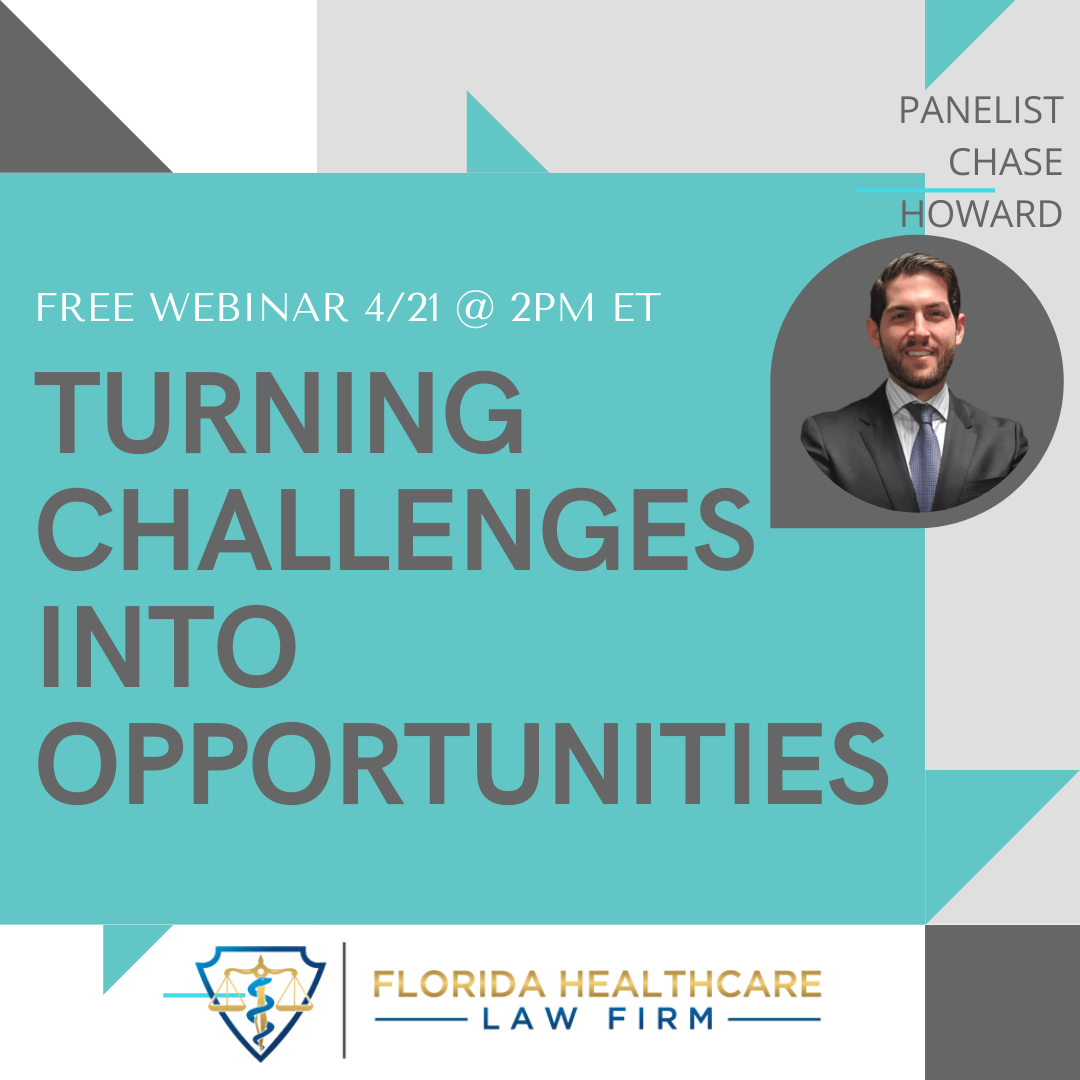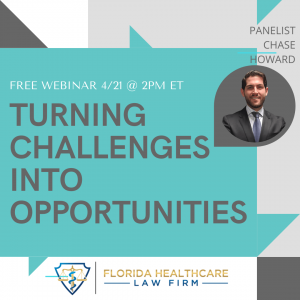 By: Susan St. John
By: Susan St. John
The trend that we are seeing affects both buyers and sellers in the health care sector with respect to entities that have received cash infusions from the Paycheck Protection Program (“PPP”) created pursuant to the CARES Act in response to COVID-19. Mergers and acquisitions can come to a significant slowdown, standstill or be terminated altogether if careful planning is not performed to account for the impact the PPP funds received by a healthcare target or seller will have on an anticipated merger or acquisition. While tax and legal considerations have typically followed along with the merger or acquisition and these considerations are important aspects of any merger or acquisition, they have taken a forefront position when it comes to planning for a change of ownership when the healthcare target or seller has received PPP funds.
As we learned earlier, health care entities requested and received PPP funds to sustain them during the public health emergency caused by COVID-19, allowing them to avoid a virtual economic shut-down. These funds were a welcome relief to keep health care entities afloat financially, providing a way to cover certain expenses such as a) payroll costs, b) rent, c) interest on any covered mortgage obligation (which shall not include any prepayment of or payment of principal on a covered mortgage obligation), and d) utilities. Using the PPP funds on these expenses allows for a recipient of the PPP funds to qualify for loan forgiveness under the PPP. That all seemed like welcome relief at the time.Continue reading



 By:
By: 
 By:
By: 
 By:
By: 


 By:
By: